Wild Game in New Caledonia Spotlight on Deer and Pig
11 min read Explore the culinary significance of deer and wild pig in New Caledonian cuisine, highlighting traditional techniques and flavors in local dishes. July 23, 2025 09:05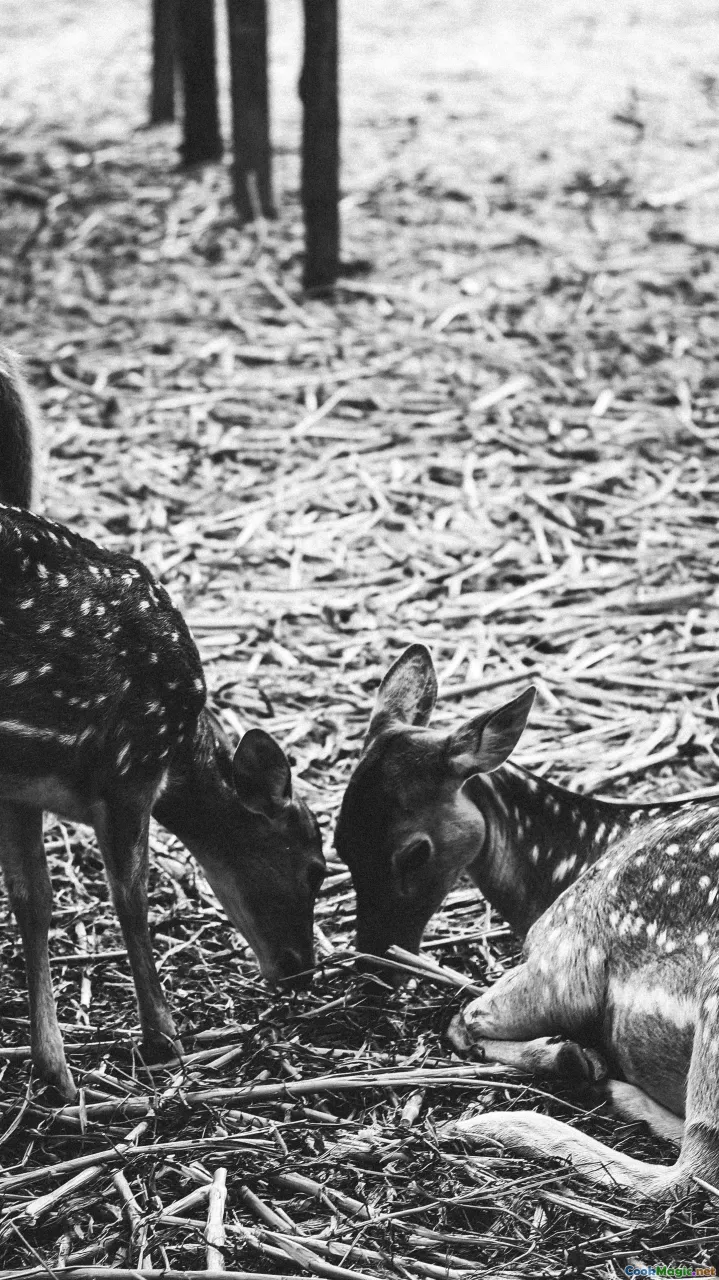
Wild Game in New Caledonia: Spotlight on Deer and Pig
Nestled amidst the pristine islands of the South Pacific, New Caledonia offers more than just breathtaking landscapes and vibrant coral reefs. Its culinary tapestry is richly woven with traditional flavors, indigenous techniques, and an intriguing array of local ingredients—most notably, the wild game that roams its forests. Among these, deer and wild pig hold a special place, both as cultural symbols and culinary treasures, echoing the island's complex history and vibrant present.
Journey with me into the heart of New Caledonia’s wild game scene—a realm where age-old hunting traditions meet contemporary chefs pushing the boundaries of flavor. Here, I’ll share insights, stunning dishes, and the cultural significance behind these meats, unraveling a culinary story that’s as wild and diverse as the islands themselves.
The Cultural Roots of Hunting in New Caledonia

The Kanak people, the indigenous inhabitants of New Caledonia, have long considered hunting more than just sustenance—it’s a sacred tradition intertwined with their social and spiritual fabric. The forest was, and still is for many communities, a living temple where deer and wild pigs are seen as gifts from their ancestors.
Historically, hunting was a communal activity that reinforced bonds within villages, with specific rituals and rites to honor the animals and ensure harmony with nature. For example, during traditional festivals such as the "Hébo Festival," hunting trophies are displayed as symbols of skill, honor, and respect for the land. These customs continue to influence modern culinary practices and the appreciation for wild game in contemporary New Caledonian cuisine.
Deer and Pig: The Primary Wild Game in New Caledonia
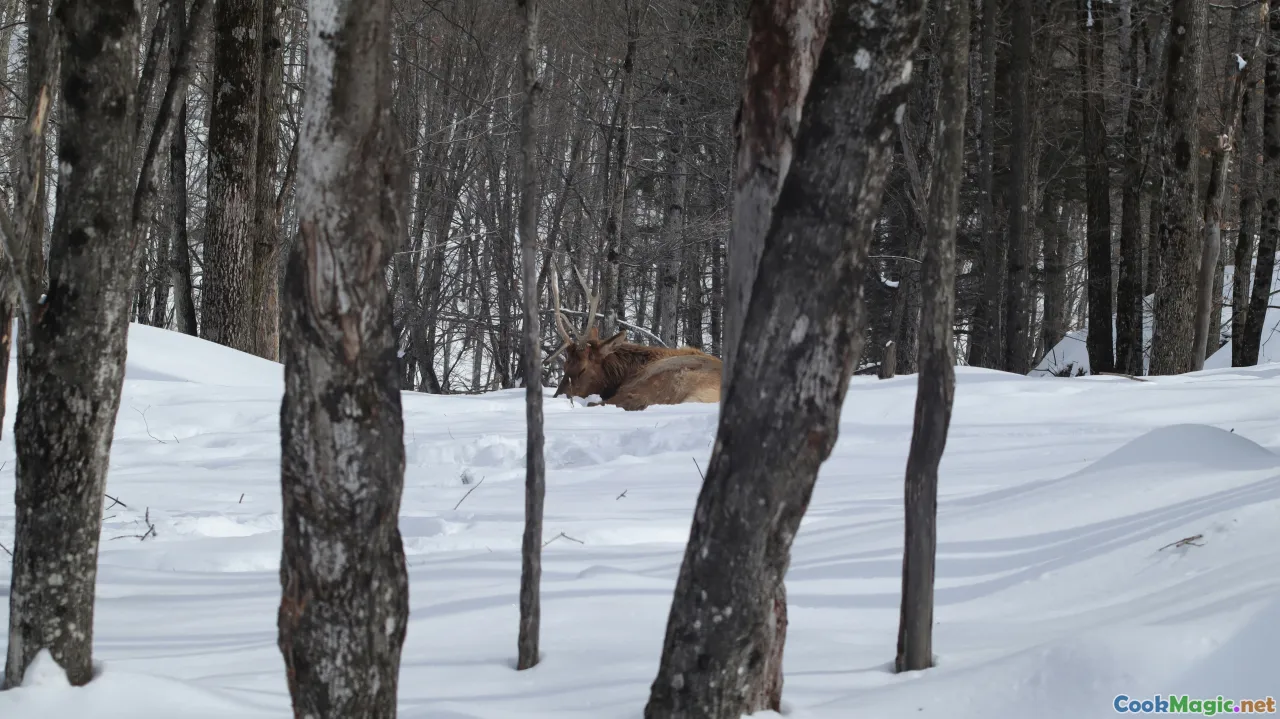
While New Caledonia is best known for its nickel deposits, its forests are teeming with wildlife that offers a taste infused with the island’s rugged natural beauty. The most significant game animals include introduced deer species—such as the swamp duiker and Sambar deer—and feral wild pigs, ancestors of domesticated pigs but wild, aggressive, and flavorful.
Each game animal offers a unique tasting experience:
- Deer: Known for their tender meat and refined flavor, especially the Sambar, which boasts a rich, almost “gamey” quality balanced with a delicate, fruity sweetness.
- Wild pigs: Characterized by their robustness—meaty, marbled with fat, and intensely flavorful, often described as a cross between pork and venison.
How to Hunt Responsibly and Respectfully
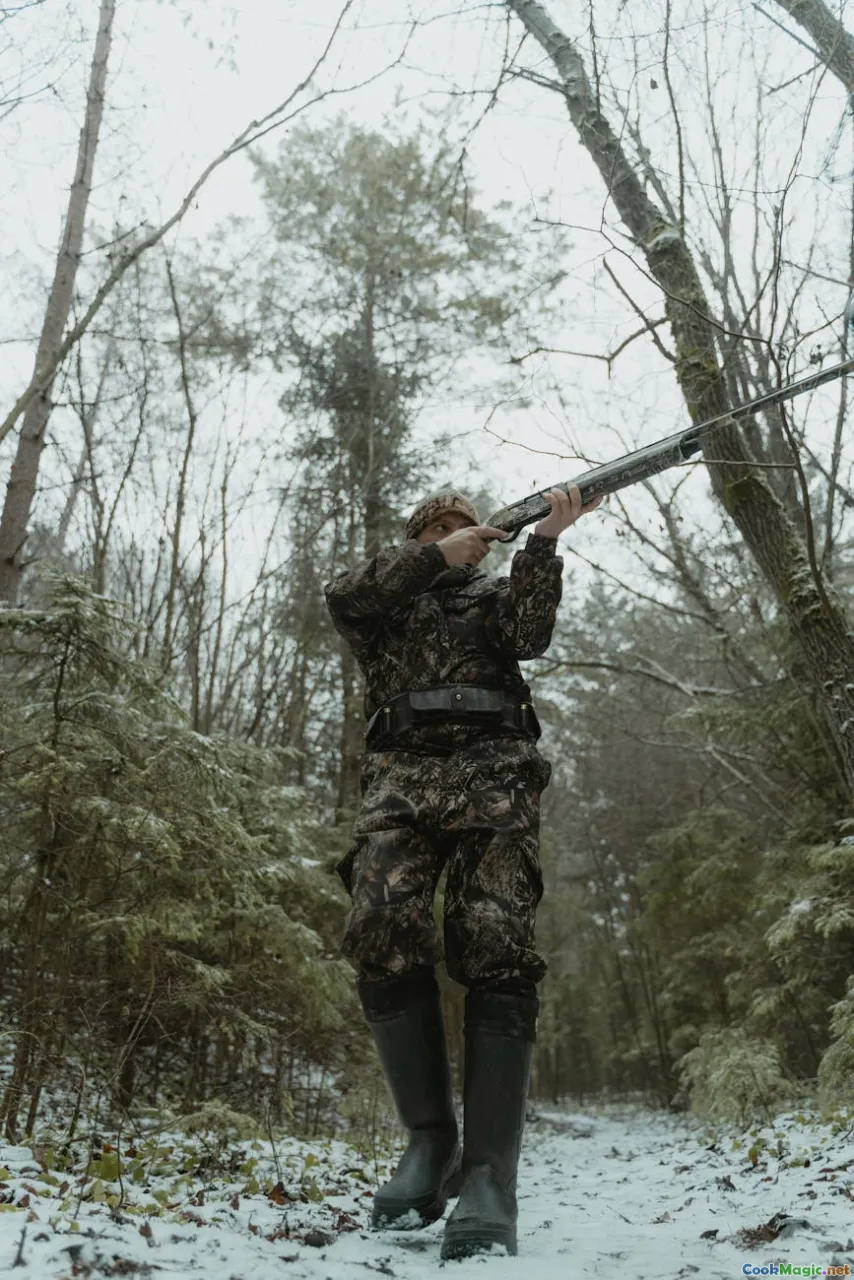
Hunting in New Caledonia remains a regulated activity, emphasizing sustainability and respect. For those interested in a genuine experience—or for chefs intending to source local meats ethically—the process begins with understanding local regulations, permits, and seasonal restrictions.
Responsive hunters often work with local guides, especially members of Kanak communities, who possess ancestral knowledge of animal habits and forest pathways. Early morning outings, walking quietly through the dense foliage, facilitate a connection with nature that’s sensory and spiritual. Biologist and chef collaborations have even sprouted, focusing on conserving genetic lines while maintaining healthy populations.
Classic and Contemporary Dishes Using Wild Game
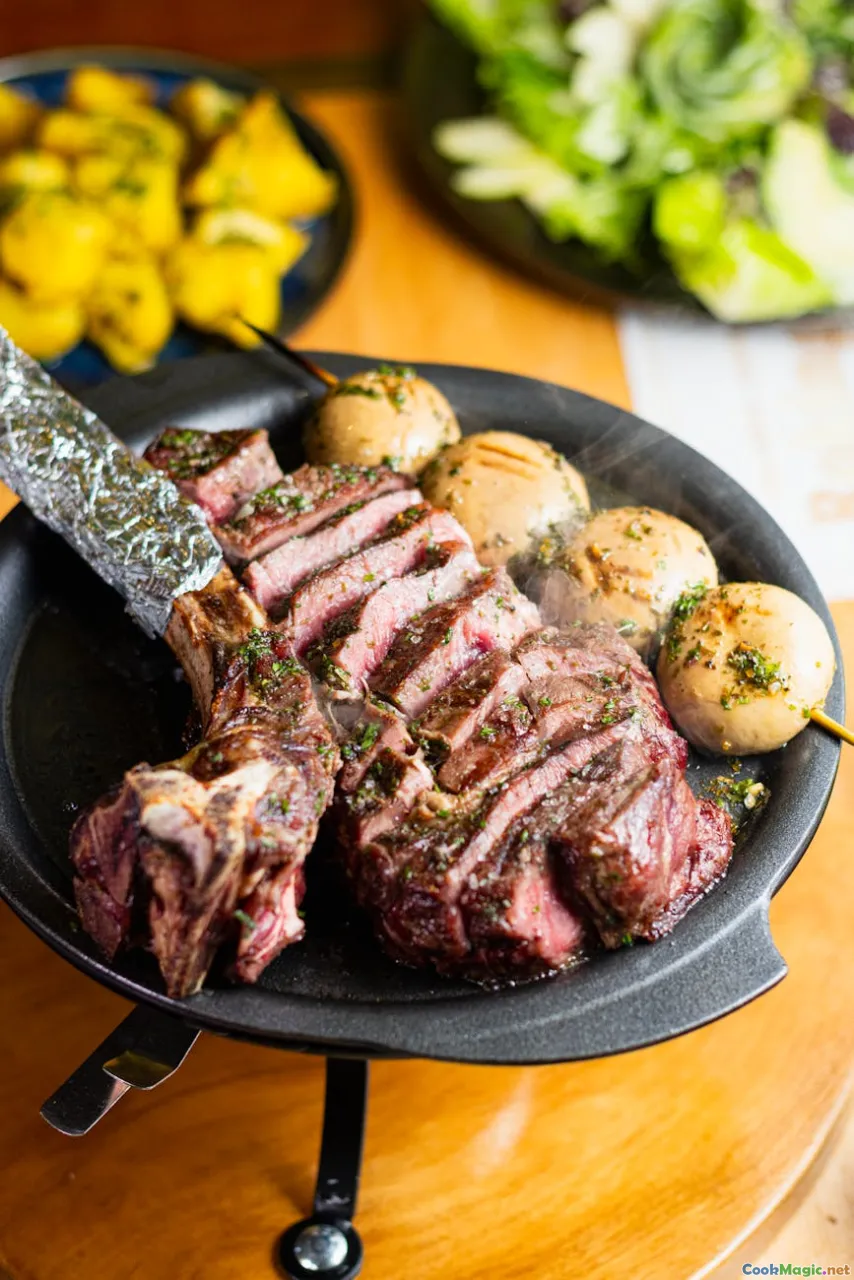
Wild game is embedded deeply in New Caledonian cuisine—from rustic, outdoor preparations to gourmet presentations in modern restaurants.
Traditional Preparations
Throughout the islands, you'll find rustic dishes that have been passed down through generations. Consider the "Kouyat", a slow-cooked wild pig stew seasoned with local herbs like quDebit and contracted yam leaves. Cooked over open fires, the pork's fat renders into rich juices that soak into taro and sweet potato.
In some villages, deer meat is smoked using native techniques, imparting a signature smoky aroma and a chewy yet tender texture that pairs beautifully with tuber mash and tropical chutneys.
Modern Culinary Expressions
Today, innovative chefs blend traditional ingredients with contemporary techniques. For example, in Nouméa’s fine dining scene, you might encounter a dish like Searied Sambar Deer Loin with Cassava Purée and a Wild Berry Reduction, where the game’s rich taste is balanced by the tartness of local berries such as pandanus or native vaccinium.
Futuristic gastronomy often plays with textures—crisping wild pig cracklings or turning it into a refined terrine, serving it alongside pickled local vegetables to enhance its robustness.
Sourcing, Butchering, and Preparing Wild Game
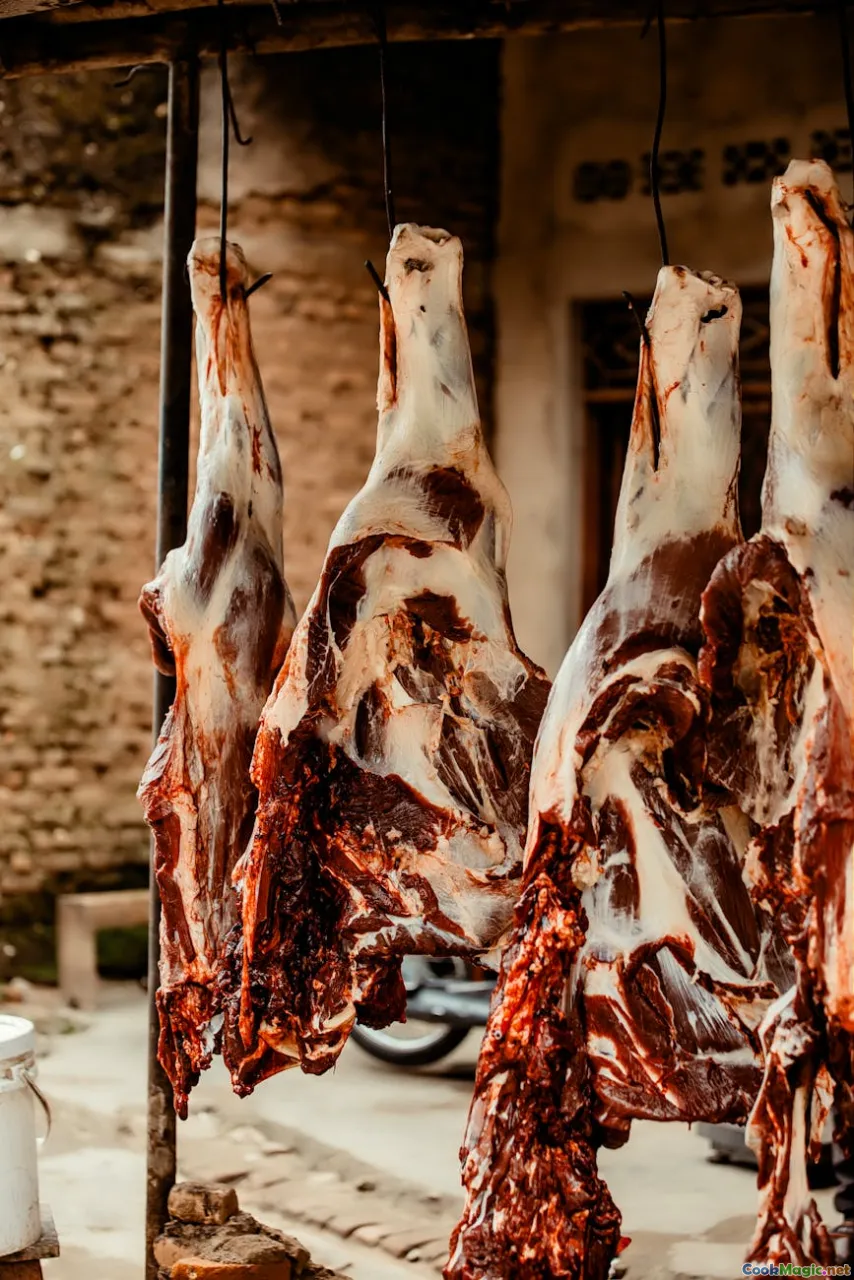
Processing wild game in New Caledonia requires knowledge, respect, and precision. Many local hunters who supply gourmet markets advocate for hands-on butchering—cutting through sinew and fat with sharp knives, ensuring minimal waste.
In kitchens, the preparation involves marination with tropical herbs, lime juice, and native spices, which tenderize the meat and infuse it with the island’s essence. Slow roasting, braising, or grilling are common methods.
For the best results, marinate the meat for at least 8 hours, allowing the flavors to penetrate deeply. A typical marinade might include native tamarillo, ginger, scallions, and ram rice (native wild pepper), adding a layer of complexity.
Sustainable Practices and the Future of Wild Game in New Caledonia
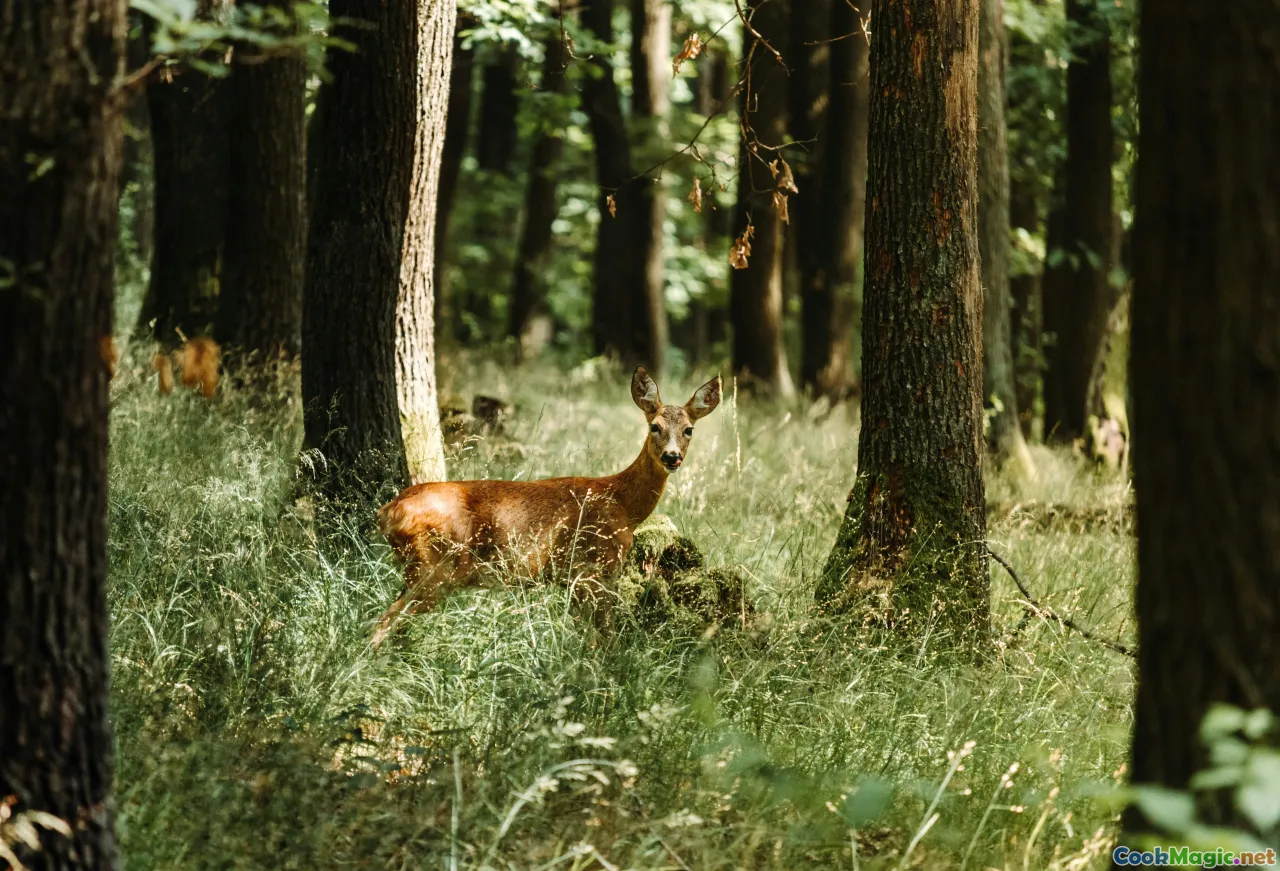
Sustainable hunting remains vital to maintaining ecological balance. Local authorities partner with communities to prevent overhunting and ensure the preservation of native flora and fauna.
Innovative farm-to-table initiatives are emerging, with some hunters practicing taxidermy for educational purposes and others contributing to reforestation projects. Culinary tourism here encourages ethical sourcing, with visitors eager to experience authentic, responsibly hunted game.
Looking ahead, chefs are discovering the potential of native herbs like kékéyaa (Native Peperomia), native greens, and fruits to complement wild meats, expanding flavors and echoing the rich biodiversity of New Caledonia.
The Emotional Connection: From Forest to Plate

There's an undeniable emotional resonance when tasting wild game from New Caledonia—each bite carries whispers of the forest, echoes of ancestral rites, and stories of survival. Many chefs and home cooks feel a deep, almost spiritual connection to the animals they prepare, mindful of their journey from wild horizon to dining table. This reverence fosters not only culinary excellence but also cultural continuity.
In the end, the presentation of deer or pig dishes becomes a celebration—an homage to the land, to tradition, and to the shared senses that connect all islanders and visitors alike.
Exploring wild game in New Caledonia reveals a cuisine that’s as vibrant and diverse as its landscapes. It’s a testament to resilience, respect, and ingenuity—where each plate tells a story rooted in ancient customs and forward-thinking innovation. Whether savoring a smoky wild pig stew under the starlit sky or appreciating a delicately seared Sambar loin in a coastal restaurant, you partake in more than a meal—you embrace a living tradition.
So next time you crave a taste of the exotic, remember: the wild preserves of New Caledonia are not just wilderness—they are a culinary sanctuary waiting to be explored.









